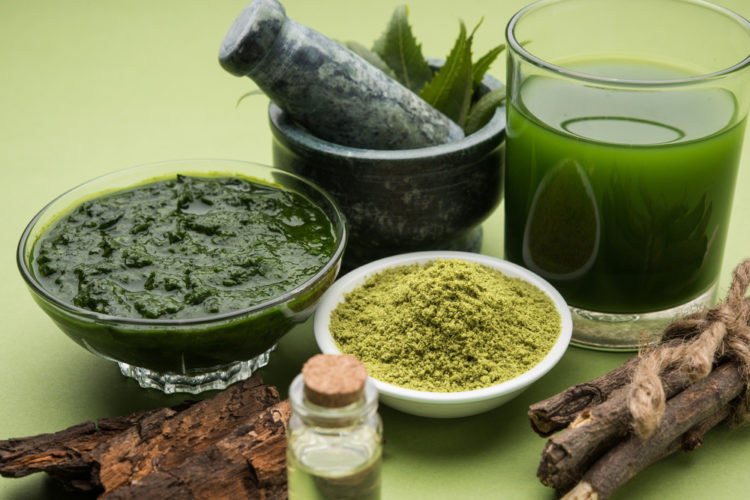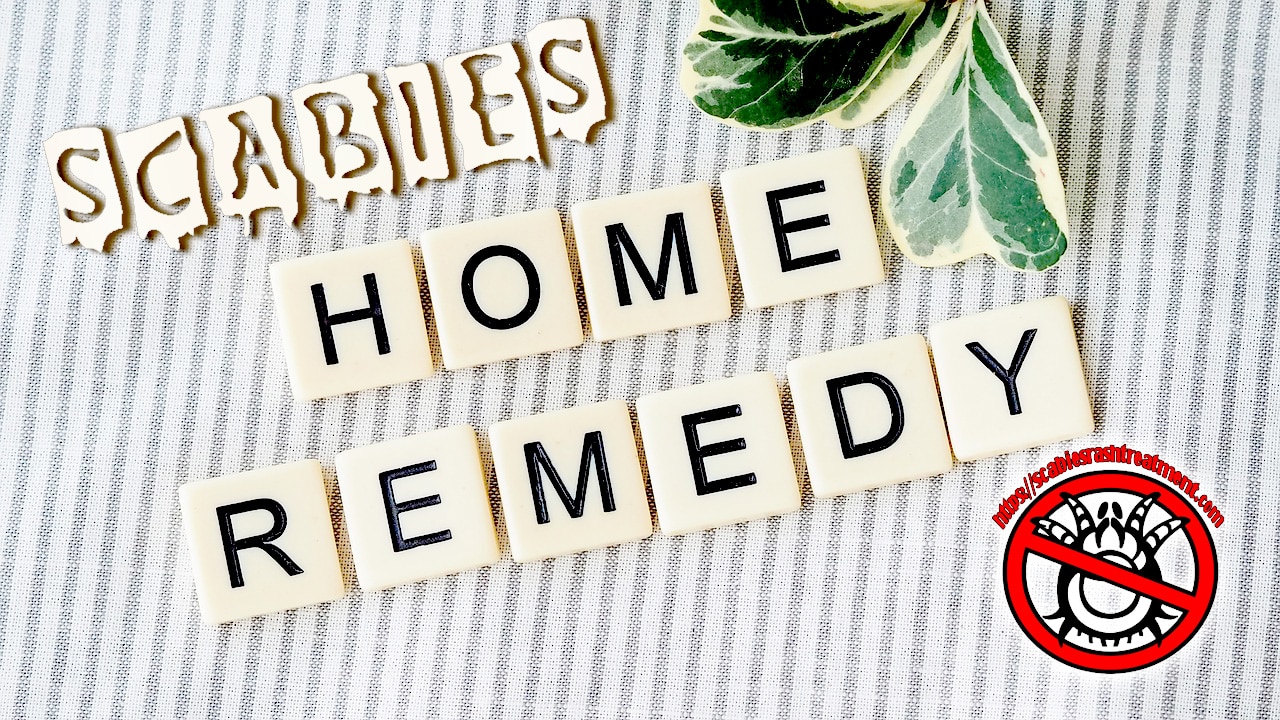Scabies is a highly contagious skin condition caused by the Sarcoptes scabiei mite that burrows into the skin, leading to intense itching and rashes. This condition can affect anyone, regardless of age, gender, or socioeconomic status. The discomfort caused by scabies can disrupt daily life, making it essential to address the issue promptly and effectively. Fortunately, there are several scabies treatment options available, including home remedies that can help alleviate symptoms and accelerate healing.
Understanding scabies and its treatment is crucial for anyone dealing with this condition. In this article, we will delve into effective home-based treatments, prevention strategies, and expert-recommended practices to combat scabies. Whether you're looking for natural remedies or over-the-counter solutions, this guide will provide comprehensive insights to help you regain control of your skin health.
Our focus is on delivering reliable, evidence-based information to ensure you make informed decisions about your treatment plan. By following the steps outlined in this article, you can effectively manage scabies from the comfort of your home while ensuring long-term relief.
Read also:Movierulz 2025 Telugu Movie List The Ultimate Guide To Telugu Blockbusters
Table of Contents
- Understanding Scabies
- Diagnosis of Scabies
- Home Treatments for Scabies
- Natural Remedies for Scabies
- Over-the-Counter Options
- Prevention Strategies
- Lifestyle Changes for Managing Scabies
- Common Mistakes to Avoid
- Expert Recommendations
- Conclusion
Understanding Scabies
Scabies is a skin infestation caused by microscopic mites known as Sarcoptes scabiei. These mites burrow into the skin, causing intense itching and a distinctive rash. The condition is highly contagious and spreads through prolonged skin-to-skin contact or sharing personal items like bedding, clothing, or towels.
Causes of Scabies
Scabies is primarily transmitted through direct, prolonged contact with an infected person. Short, casual contact, such as handshakes, is less likely to spread the mites. However, close contact in crowded environments, such as nursing homes, schools, or childcare centers, increases the risk of transmission.
Key factors contributing to scabies outbreaks include:
- Poor hygiene practices
- Crowded living conditions
- Weak immune systems
Symptoms of Scabies
The hallmark symptoms of scabies include:
- Intense itching, particularly at night
- A pimple-like rash on the skin
- Visible burrows on the skin
- Sores caused by scratching
These symptoms typically appear within 2-6 weeks of infestation in individuals who have not previously had scabies. However, those who have had scabies before may experience symptoms within a few days.
Diagnosis of Scabies
Accurate diagnosis of scabies is crucial for effective treatment. While the symptoms can resemble other skin conditions, healthcare professionals use specific methods to confirm the presence of scabies mites.
Read also:Hdhub4u Bollywood Movies Hdhub4u
Physical Examination
During a physical examination, a healthcare provider will look for characteristic signs of scabies, such as burrows, rashes, or sores. They may use a magnifying glass to identify mites, eggs, or fecal matter in the burrows.
Scrape Test
A skin scrape test involves gently scraping a suspected burrow and examining the sample under a microscope for mites, eggs, or fecal matter. This test is highly effective in confirming scabies infestation.
Early diagnosis and treatment are essential to prevent the spread of scabies and reduce the risk of complications, such as secondary infections.
Home Treatments for Scabies
While medical treatments are often necessary for scabies, several home-based remedies can complement professional care and provide relief. These treatments focus on alleviating symptoms and preventing the spread of mites.
Hygiene Practices
Maintaining proper hygiene is fundamental in managing scabies. Key practices include:
- Washing all clothing, bedding, and towels in hot water (at least 130°F) and drying them on high heat
- Sealing items that cannot be washed in plastic bags for at least 72 hours to kill mites
- Regularly cleaning and disinfecting surfaces and furniture
Soaking and Bathing
Soaking in lukewarm water or taking a bath can help soothe itching and remove surface mites. Adding colloidal oatmeal or baking soda to the bathwater can provide additional relief.
For best results, bathe daily and pat your skin dry with a clean towel. Avoid scratching the affected areas to prevent infections.
Natural Remedies for Scabies
Many people turn to natural remedies as a complementary approach to scabies treatment. These remedies are often derived from plant-based ingredients and are generally safe when used appropriately.
Tea Tree Oil
Tea tree oil is a popular natural remedy for scabies due to its antiseptic and anti-inflammatory properties. Applying diluted tea tree oil to the affected areas can help reduce itching and kill mites.
Cloves and Neem Leaves
Cloves and neem leaves have been used traditionally to treat scabies. Creating a paste from these ingredients and applying it to the skin can provide relief and promote healing.
While natural remedies can be effective, it's important to consult a healthcare professional before using them, especially if you have sensitive skin or allergies.
Over-the-Counter Options
Over-the-counter (OTC) treatments can be highly effective in managing scabies. These products are readily available and can be used as directed to alleviate symptoms.
Permethrin Cream
Permethrin is a common OTC medication for scabies. It works by killing the mites and their eggs. Apply the cream to the entire body from the neck down, leaving it on for 8-14 hours before washing it off.
Crotamiton Lotion
Crotamiton lotion is another effective OTC option. It helps relieve itching and kills mites. Follow the instructions carefully for best results.
OTC treatments should be used in conjunction with proper hygiene practices to ensure comprehensive relief.
Prevention Strategies
Preventing scabies involves adopting proactive measures to minimize the risk of infestation. These strategies are particularly important in communal settings where the risk of transmission is higher.
Personal Hygiene
Maintaining personal hygiene is the first line of defense against scabies. Wash your hands frequently, avoid sharing personal items, and change your bedding regularly.
Avoiding Close Contact
Minimize prolonged skin-to-skin contact with individuals suspected of having scabies. If you are caring for someone with scabies, take precautions to protect yourself from exposure.
By incorporating these prevention strategies into your daily routine, you can significantly reduce the likelihood of scabies infestation.
Lifestyle Changes for Managing Scabies
Making certain lifestyle changes can enhance your ability to manage scabies effectively. These changes focus on improving overall skin health and preventing recurrence.
Healthy Diet
A balanced diet rich in vitamins and minerals can strengthen your immune system and promote skin healing. Include foods like fruits, vegetables, lean proteins, and whole grains in your diet.
Stress Management
Chronic stress can weaken your immune system, making you more susceptible to infections. Practice stress-relief techniques such as meditation, yoga, or deep breathing exercises.
By adopting these lifestyle changes, you can create a supportive environment for your body to combat scabies and prevent future outbreaks.
Common Mistakes to Avoid
While treating scabies, it's essential to avoid common mistakes that can hinder recovery or worsen the condition.
Overusing Medications
Using scabies treatments excessively or without consulting a healthcare professional can lead to adverse effects. Always follow the prescribed dosage and duration.
Ignoring Hygiene
Failing to maintain proper hygiene practices can result in reinfection or the spread of mites to others. Ensure all personal items are cleaned and disinfected regularly.
Avoiding these mistakes can help ensure a smoother recovery process and minimize the risk of complications.
Expert Recommendations
Experts in dermatology and infectious diseases recommend a comprehensive approach to scabies treatment. This includes a combination of medical treatments, home remedies, and preventive measures.
Key recommendations include:
- Seeking professional diagnosis and treatment promptly
- Using OTC medications as directed
- Incorporating natural remedies for additional relief
- Practicing thorough hygiene and prevention strategies
By following these expert recommendations, you can effectively manage scabies and achieve long-term relief.
Conclusion
Scabies is a challenging condition that requires prompt and effective treatment. Through a combination of home-based remedies, over-the-counter medications, and preventive measures, you can successfully manage scabies and prevent its spread. Remember to consult a healthcare professional for accurate diagnosis and guidance tailored to your specific needs.
We encourage you to share your experiences and insights in the comments section below. Your feedback can help others dealing with scabies find the support and information they need. Additionally, feel free to explore other articles on our site for more health-related content.
Sources:
- Centers for Disease Control and Prevention (CDC) - Scabies
- World Health Organization (WHO) - Skin Diseases
- American Academy of Dermatology - Scabies Treatment


